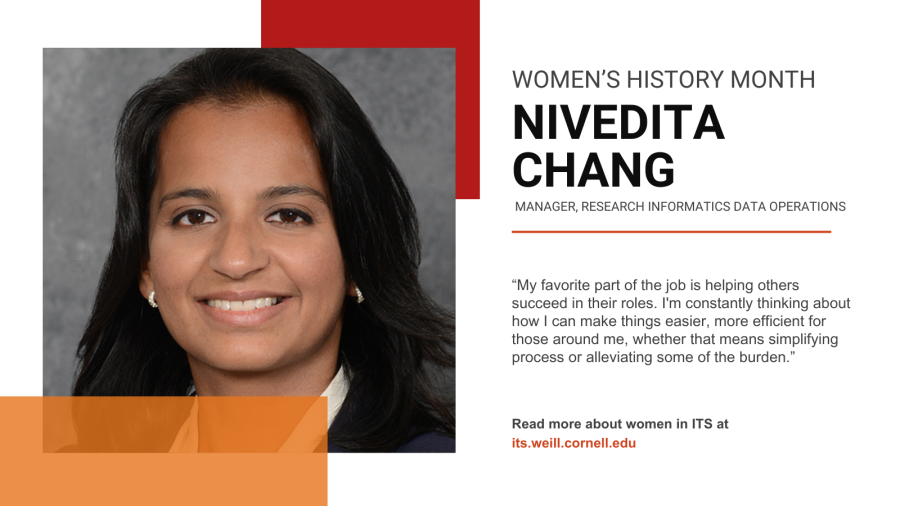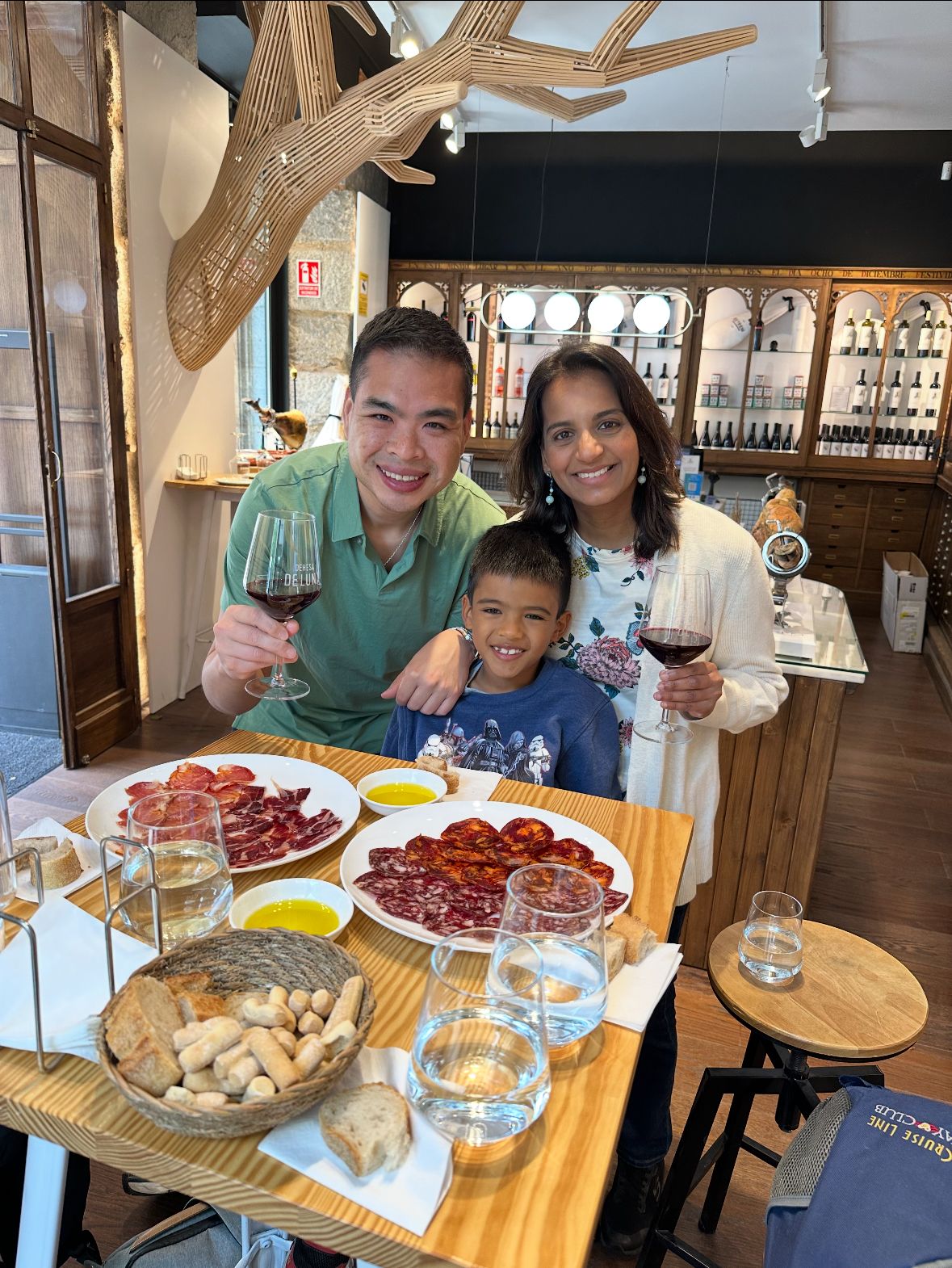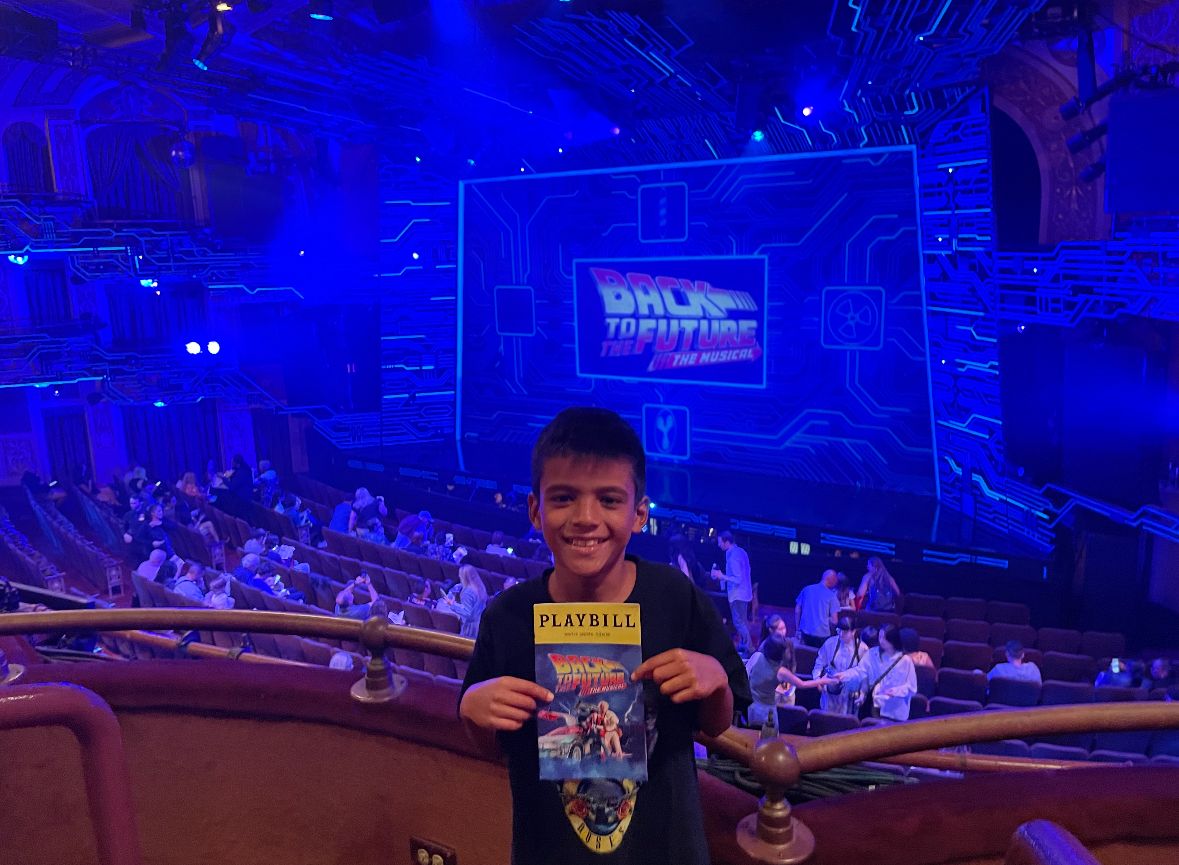
When Nivedita Chang was completing her Masters in Public Health at Columbia, she was asked to pull a lab value from a chart for her work at a small HIV clinic. The value was hidden, the handwriting was illegible, even the physical bulk of the paper charts was unweildy. At the same time, she was learning a program called Prism, and knew that electronic health records would make the task of extracting data from medical records infinitely better. She devoted herself to the world of medical informatics, working in Epic for 14 years before joining the RI team to manage data operations.
My title is Manager of Research Informatics Data Operations. I view my role as ensuring smooth day-to-day operations. I stay closely involved with incoming requests and issues, while also focusing on implementing processes and creating knowledge articles that streamline operations. My goal is to make it easier for our team members and researchers to accomplish their tasks and meet their goals.
Additionally, I create reports of key metrics and ensure that relevant data is easily accessible for leadership, which helps with informed decision-making and tracking of ongoing initiatives.
I try to anticipate what data may be needed based for the initiatives that are happening so that I can readily provide it.
I think it comes naturally to me based on my previous role. I used to be a Project Manager on the Epic team. As a Project Manager you always have to anticipate issues, or think about other teams you may have to involve. I'm always very cognizant of giving everyone a long runway to make things as smooth as possible for other people.
Before I joined ITS I worked on the Epic team under POIS for 14 years. It was actually my first job out of grad school, right after I finished my Masters of Public Health at Columbia.
While I was there, Curt Cole was a guest lecturer in my Medical Informatics elective class. His talk was so fascinating, I could tell it was going to be so important for the next decade. Luckily, he had a training internship open, and I interviewed and I got that. And even luckier than that, they had a training position open a few months later, so I was officially hired.
I started as a trainer and that was a great way to introduce myself, really learn the system, learn how to interact with our end users, understand the pain points, create guides and training videos, and slowly start coming up with training plans. It was a great orientation. Then I pivoted to being an Analyst. I started to lead implementations and optimization projects, and from there I became a Project Manager who basically managed the Analysts.
So, it was 14 years of that and then I decided to switch gears. I’d spent so much time creating things in the EPIC system, but then I went, okay – all this data is here, how can we use it and research it?
For my MPH we all had to do an internship. I volunteered at a very small HIV rehabilitation clinic. There were only 20 or 30 patients there. One day they asked me to pull a lab value from the 30 charts, and I was having such a hard time because I couldn't read handwriting, I couldn't find the lab value. My back was hurting at the end of the day because the files of paper records were so heavy. And I just knew that if we had an electronic health record, I could do this same task in minutes.
At the same time, they were implementing a system called Prism at Beth Israel, where I was doing in internship. So, I was also in their Prism training classes and seeing how easily you can pull lab values for a patient. I was like, wow, this is something that I would love to be a part of.
What I didn't anticipate, and had to learn the hard way, is that it’s not that easy. It's very complex. A lot of critical things are still free text in the chart, things are not easy to find. Different practices have different ways of documenting. It’s far from perfect. That’s something I had to understand. But things are always improving with all the new tools coming out. It’s fascinating to work in such a growing field.

Graduation Day at the Columbia Mailman School of Public Health
When I started that degree, my concentration was in management and leadership. I thought I would start out as a practice manager or some sort of department administrator. Actually, during my internship I shadowed the department administrator for Pediatrics at Beth Israel.
But, as fate would have it, that administrator was tasked to lead the EHR implementation. So I got to shadow the practice, and also suggest some improvements to the workflow. She included me in all these meetings for the EHR implementation, and I really fell in love with the technology side.
At that time we had our team of developers. Epic is so huge now, it’s really about taking what they design and fitting it into your own workflow. But when I started 18 years ago, Epic wasn’t as developed. And Cornell is hyperspecialized, so we had to develop a lot of the tools ourselves. We could be really creative.
NYP and Columbia came onto our Epic instance, and I stuck it out until they were live, but our team grew from 50 to about 400. I realized I function better on a smaller team. It also became incredibly stressful to do the go lives and be a part of those massive changes. I also had a hunch they were going to make us NYP employees, and I really wanted to stay with Weill Cornell. I reached out to Tom Campion about an open position in Research Informatics, and it aligned with timing and what I wanted to do. I truly wanted to work with EHR data, but in a different way.
It was a huge learning curve. I had to start from scratch. To go from 14 years on the Epic team, being one of the leaders and able to make decisions, to not even knowing what they were talking about the team huddles - there are so many acronyms! - it was a completely different world.
But I stuck with it and taught myself. It’s okay to be uncomfortable. And I had a ton of support. I started remotely in 2021, but people were willing to meet with me, talk to me, get on Zoom and figure it out.
Yes, all the leadership on the team – Tom, Evan, Bo, Cindy. I can ask anyone any question. I try to trickle that down. We have multiple Teams chats and I encourage anyone to ask questions.
One of the most recent initiatives I contributed to involved developing a workflow for reviewing IRB protocols in a holistic, comprehensive way. The goal was to ensure that our researchers’ protocols align with WCM’s security, privacy, and technical guidelines. This initiative not only helps protect our institution and sensitive data, but also enables our study teams to conduct their research in a safe and compliant manner. We crafted a roadmap for the review process. That was a great challenge, it required us to consider all potential angles and scenarios to make the process as effective as possible. The output is a KB article, we started using it very recently. So far the feedback has been very good from the internal team, and what we’re hearing from the research community has been very good, too.
My favorite part of the job is helping others succeed in their roles.
I'm constantly thinking about how I can make things easier, more efficient for those around me, whether that means simplifying process or alleviating some of the burden.
I take pride in approaching tasks thoughtfully. If my efforts result in making someone's job easier, that means I have a win. I've accomplished something meaningful.
One of my favorite documentaries is Ask Dr. Ruth, which tells the incredible story of Dr. Ruth Westheimer. A Holocaust survivor, Dr. Ruth was separated from her loving family – Mom, Dad, Grandmother - at the age of 10. They sent her away to an orphanage in Switzerland because the Nazis were coming and they wanted her to live. Tragically, none of her relatives survived, but she did. She says, “my parents gave birth to me twice.” Despite such heartbreaking loss, she found a way to build a beautiful life and became one of America's most well-known sex counselors.
What I admire most about Dr. Ruth is her determination to make a difference. She emphasizes education. She always emphasized that she has a doctorate and that she’s qualified to talk about the subject. The reason she got so famous is that she took a radio spot that no one else wanted. It was a midnight slot, there was no money in it, but she jumped at the opportunity simply because she had a deep desire to educate and help people. She was driven by good intentions—focusing on education, fighting against stigmas around HIV, and advocating for progressive ideas. And she’s just like, a happy grandmother. To go through all that and come out on the other end is so inspiring.
Also, I recently read a book by Mel Robbins, it’s called the “The Let Them Theory.” It gave instructions on how to build better relations and focus on myself and what I can control, making sure I focus on the things that are truly impactful, important and positive by reducing the noise. The whole book is about – let others do what they want and think what they want. But, let me set up a boundary, speak up, decide what I need to do for myself. It’s really a guidebook about how we can cultivate positive relationships.
I also have a few favorite quotes from Maya Angelou that I frequently think about: “Courage is the most important of all the virtues because without courage, you can’t practice any other virtue consistently,” and “Try to be a rainbow in someone’s cloud.”
I love to go traveling. My family and I do a mix of relaxing vacations and more adventurous ones. We went to Montreal and Quebec last summer, and we had a whole itinerary of seeing important sites and doing tours to learn about the history.

Enjoying a food tour in Madrid, Spain

Relaxing on the beach in Aruba
I also take my son to the city a few times a year and we explore different areas I like to read a book or watch a movie with him and then take him to see the show. For example, we watched Back to the Future and then went to see the Broadway show.
Also my son is learning the piano, so I go with him to lessons and help him learn the piece, so I’m kind of learning along with him. I teach him to show up prepared. Your work is a reflection of you, so you have to come in prepared. Wherever you go, show up, do your best.
 Nivedita's son excited to watch Back to the Future on Broadway
Nivedita's son excited to watch Back to the Future on Broadway